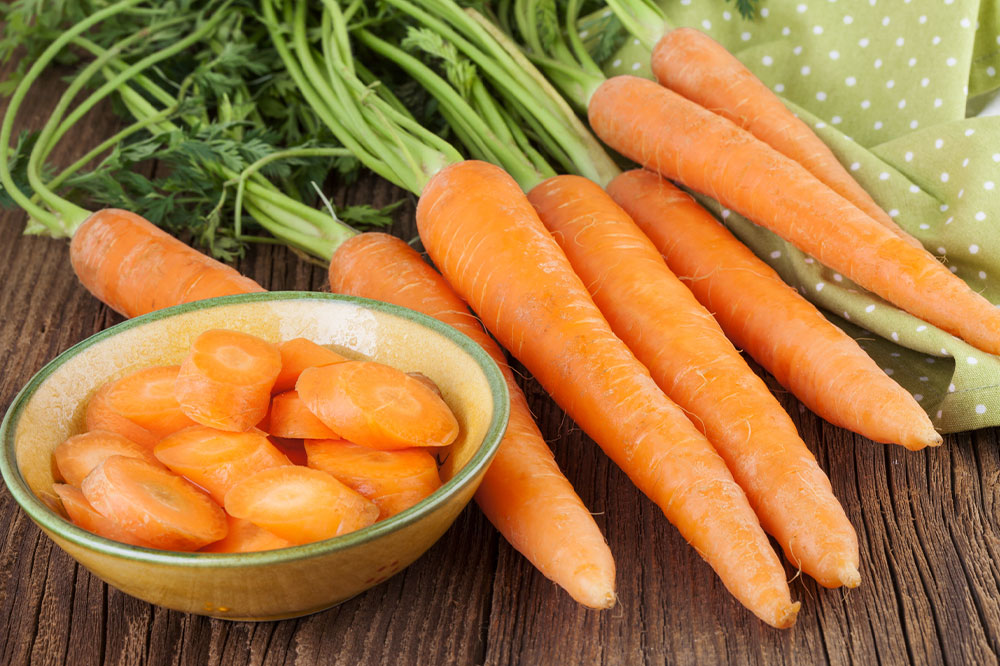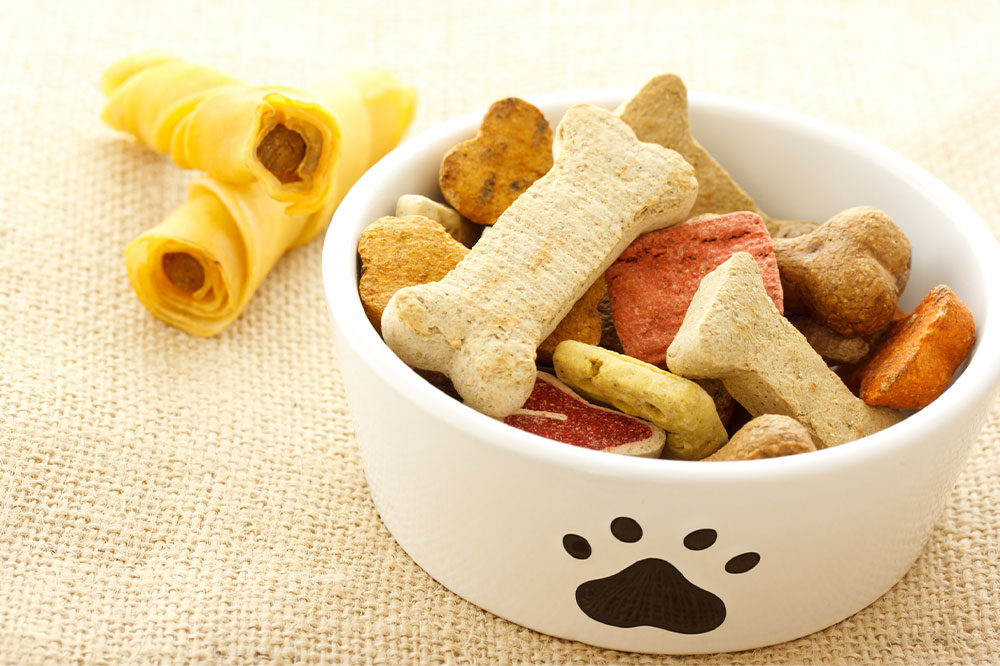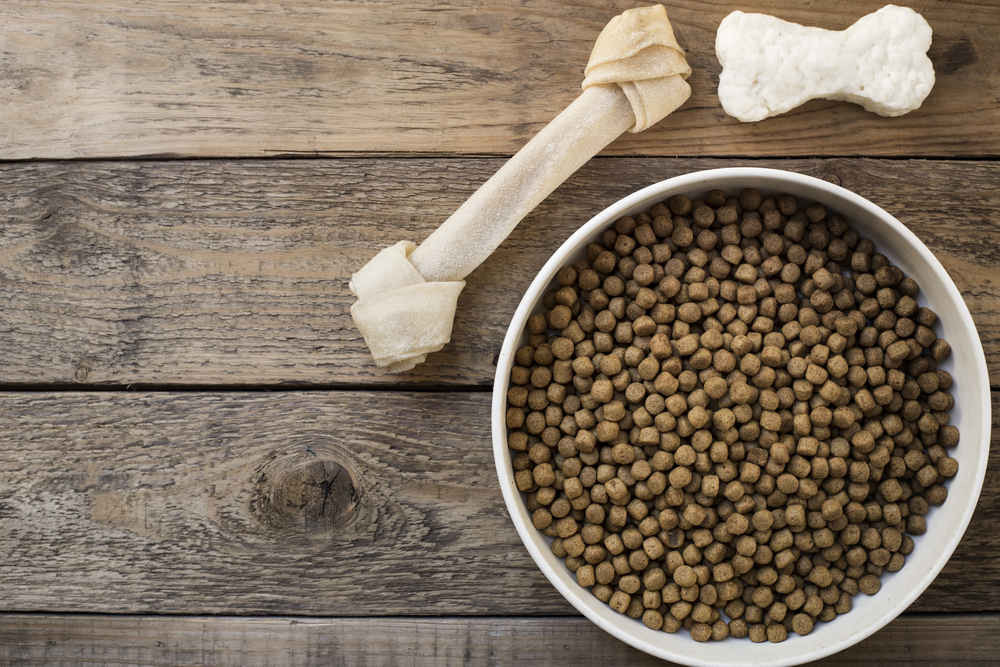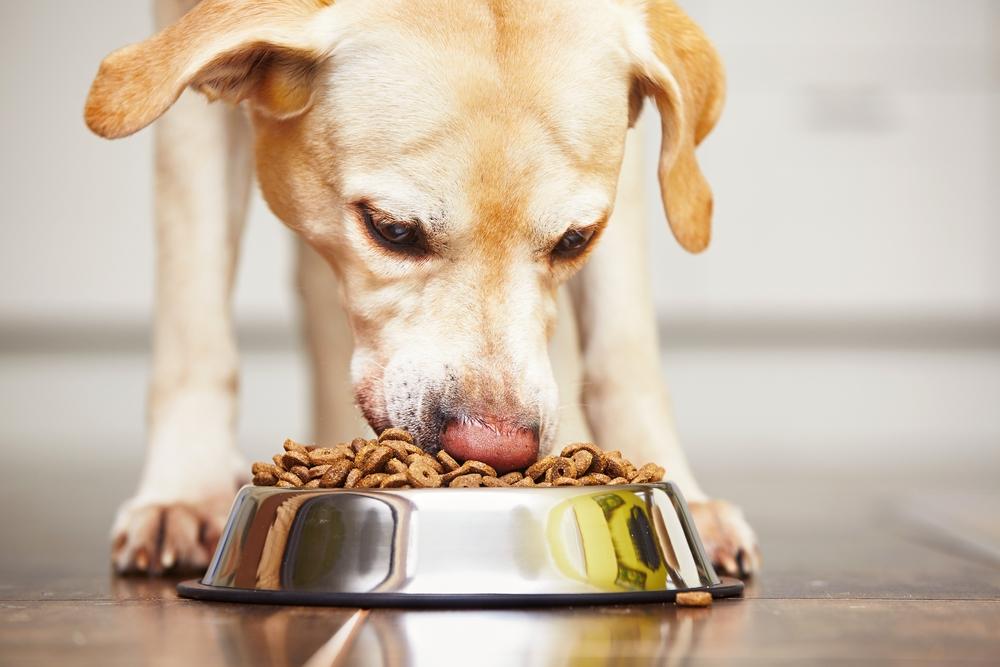essential human foods that are safe and healthy for cats to enjoy
Discover the top human foods that are safe and healthy for cats, including fish, grains, eggs, and vegetables. This detailed guide helps pet owners make informed choices to supplement their cats' diets. Learn how to serve these foods properly to ensure your feline companion’s health and happiness. From cooked fish to wholesome grains and vegetables, find out what treats are safe for your furry friends while maintaining their nutritional balance. Always consult your vet before introducing new foods to your cat’s diet.
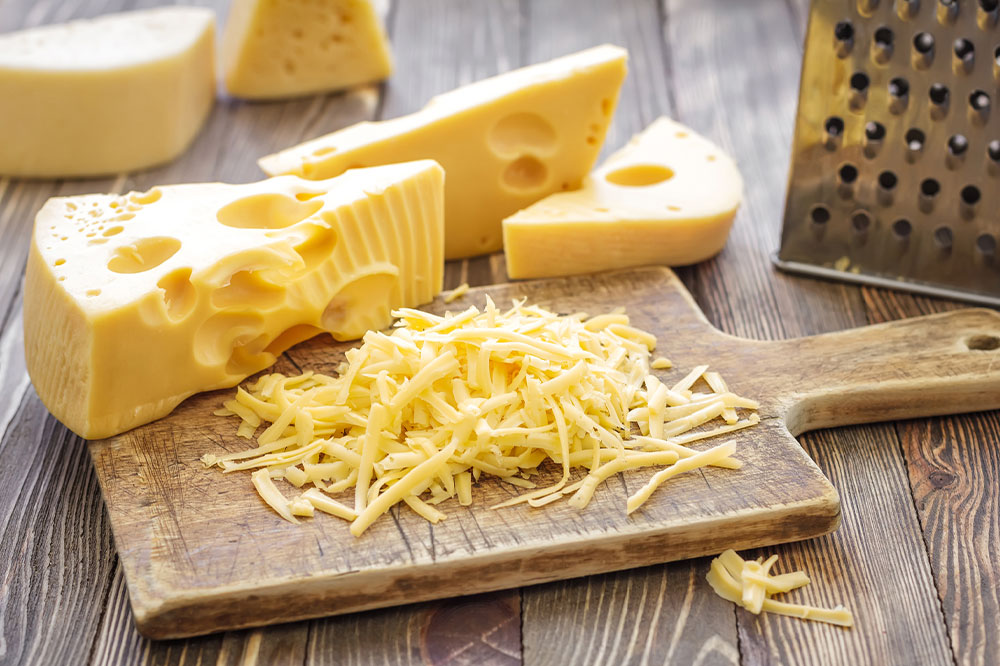
Essential Human Foods That Are Safe and Healthy for Cats to Enjoy
If you're a proud cat owner, you might occasionally find yourself sharing a snack or meal with your feline friends. While it may seem harmless and even adorable, it’s crucial to understand which human foods are safe for cats and which might be harmful. Cats are obligate carnivores, meaning their diet primarily depends on animal proteins, but some human foods can be given in moderation without risking their health. This comprehensive guide explores the top human foods that are generally safe and beneficial for cats, helping owners make informed decisions while ensuring their pets stay healthy and happy.
Salmon and Other Fish
One of the most popular and safe human foods for cats is fish, particularly oily fish like salmon, tuna, and mackerel. Cats naturally love the scent and flavor of fish, making it a great treat when prepared correctly. Fish is rich in omega-3 fatty acids, which promote healthy skin and shiny coat, as well as support vision and joint health. Veterinary experts often recommend incorporating fish into a cat's diet, but always with specific precautions.
When offering fish to your cat, it’s essential to avoid feeding raw fish or canned fish directly from the jar or can, as these can pose health risks. Raw fish may contain parasites or bacteria harmful to cats, and canned fish often contains high levels of sodium and preservatives that are not suitable for regular consumption. Instead, cook the fish thoroughly, removing any bones that could pose a choking hazard or cause injuries. Serve in small, boneless pieces as an occasional treat, never as a staple food.
Tip: Always ensure the fish is plain, without added spices, sauces, or oils.
Whole Grains
While cats are obligate carnivores, some cats can tolerate small amounts of certain grains, making them a useful supplement in their diet. Whole grains like oats, brown rice, millet, and wheat berries are nutrient-dense options that can provide fiber, energy, and beneficial carbs. Though some cats may be indifferent to grains, others might enjoy the texture and flavor. Serving cooked small portions of grains can be a healthy addition, especially if your cat needs a carbohydrate boost or has dietary sensitivities.
To prepare, cook the grains thoroughly to make them easier to digest. Avoid seasoning with salt, butter, or spices. Offer a small portion mixed into their regular food or as a standalone treat. Be attentive to your cat's preferences and reactions; some felines may dislike grains, while others may tolerate them well.
Boiled Eggs
Eggs are an excellent source of high-quality protein and contain vital nutrients such as vitamin B12, biotin, and selenium. When cooked properly, boiled eggs can serve as a nutritious treat or supplement to your cat’s diet. The protein and amino acids in eggs support muscle development and overall health.
Always ensure eggs are thoroughly cooked to eliminate bacteria like salmonella or E. coli, which can cause illness in cats. Serve in small, manageable pieces to prevent choking. Watch for any signs of allergies or sensitivities, such as gastrointestinal upset or skin issues, and consult your veterinarian if necessary.
Fresh Vegetables and Fruits
While cats generally have limited taste for sweetness, some enjoy certain vegetables and fruits that offer additional nutrients and hydration. Safe options include cucumber, cantaloupe, steamed broccoli, asparagus, baked carrots, and cooked green beans. These can be given as occasional snacks or treats, providing vitamins, minerals, and fiber.
Introduce new items gradually and in small quantities to monitor your cat's reaction. Always wash fruits and vegetables thoroughly, and remove any seeds or peels that could be harmful or hard to digest. Remember, treats should complement a balanced diet—not replace it.
Additionally, many pet stores carry specially formulated treats and food options from trusted brands like Royal Canin, Blue Buffalo, Wellness, Purina, and Merrick. These brands offer high-quality, vet-approved treats designed to complement your cat’s dietary needs.
In conclusion, providing safe, nutritious human foods to your cat can be a delightful way to bond and enrich their diet. Always consult your veterinarian before introducing new foods, especially if your pet has underlying health issues or dietary restrictions. Moderation is key, and remember that human foods should never replace a cat’s complete and balanced commercial diet. By choosing the right treats and foods, you can ensure your feline friend stays healthy, happy, and well-nourished for years to come.
